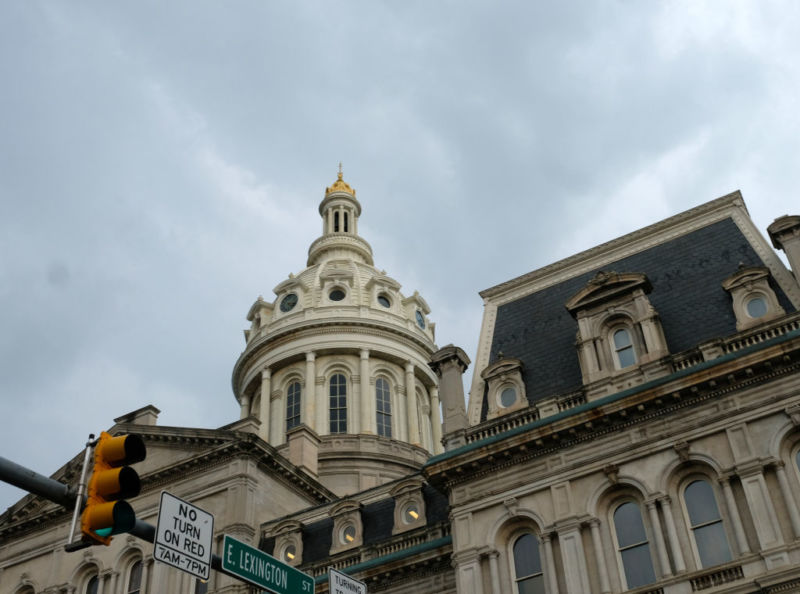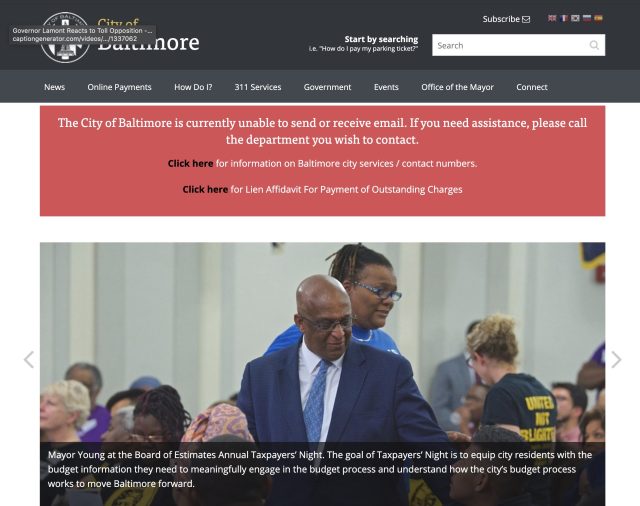
In the wake of the ransomware attack that has kept city networks and infrastructure shut down now for over two weeks, Baltimore officials—including the mayor and city council members—set up Google Gmail accounts as a backup communications channel. But earlier this week, Google's automated systems shut the accounts down.
"These account were disabled because the creation of a large number of new accounts triggered Google’s automated security system," a Google spokesperson told Ars. "The threshold is around 50 accounts, so more than 50 accounts triggered its systems."
On May 23, a Google spokesperson said through the company's Twitter account, "We have restored access to the Gmail accounts for the Baltimore City officials. Our automated security systems disabled the accounts due to the bulk creation of multiple consumer Gmail accounts from the same network."
The problem could have been prevented if Baltimore City officials had set up a Google GSuite Government account (or even just a regular GSuite account) at $6 per user per month.
Baltimore Mayor Bernard "Jack" Young and other city leaders were not available for comment about the issue, as they were in Las Vegas attending the International Council of Shopping Centers’ convention this week. At the convention, Mayor Young told reporters his agenda was to tell developers that "Baltimore is open for business."
Well, maybe not so open

Many city employees are making do during the recent system outages by using personal email accounts and cell phones to conduct city business. The city's leadership has also devised a number of "manual workarounds" to restore some government functions—including the city's ability to process real estate transactions.
Even though the city's financial records are on a mainframe unaffected by the ransomware, the city has shut down all its internal networks to prevent any further spread of malware—making it impossible for employees to create the lien certificates required to process deeds, for instance. For now, the city requires all transactions to be completed in person from 7am to 7pm, and sellers are required to sign an affidavit that they will pay any outstanding taxes or other liens on the property within 10 days of being invoiced by the city (whenever that may be). The lien certificates then have to be hand-delivered by the seller to another office.
"This solution to the pause in real estate transactions essentially removes any risk stemming from existing liens from the new owner of the property, allowing title insurance companies to continue with their normal course of business in Baltimore," a Baltimore spokesman said in a release issued on May 21.
reader comments
141